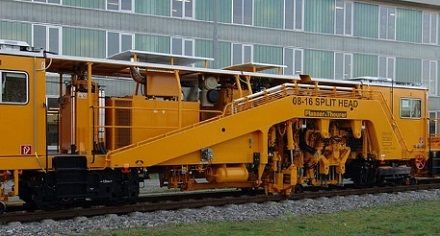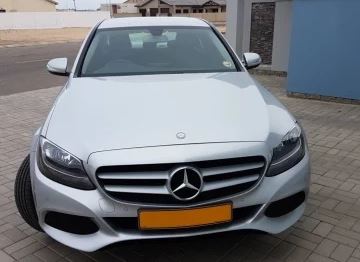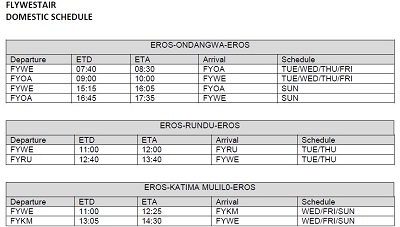
Pilot project to promote sustainable transportation choices ‘gets peddling’

A pilot bicycle project aimed at introducing affordable and energy-efficient mobility solutions through electric bikes, solar recharging stations, and information hubs was launched in Windhoek this week.
The EBikes4Windhoek Pilot, an initiative of the City of Windhoek Municipal Authority is set to promote sustainable transportation choices and enhance the accessibility and visibility of bicycles in the city.
The pilot project will involve the participation of 18 students from the Namibia University of Science and Technology and 18 students from the University of Namibia, who were selected through a rigorous application process.
These students will actively engage in the project for three months and retain possession of the electric bicycles during this period and the project team will evaluate the efficiency of cycling for daily commuting, assess safety measures, and compare transportation costs for the participating students.
If the pilot project proves successful, the municipal authority will explore the possibility of extending the use of bicycles to the wider public.
“As announced, Namibia has commissioned Sub-Saharan Africa’s largest green hydrogen production project; therefore, green hydrogen-powered vehicles and other electric mobility transport modes are likely to shape the future of mobility in Namibia – replacing old vehicles that use conventional fuels,” Windhoek Mayor, Joseph Uapingene said at the launch.
According to Uapingene, Namibia is the hub that will enable the beginning of transport transformation on the African continent.
“This is also demonstrated by the Ebikes4Windhoek project launch today, demonstrating the use of solar-powered batteries with the bicycles, that will be charged using the sun’s energy,” he added.
The E-bikes come equipped with a battery and motor to provide additional support to riders, making them ideal for navigating Windhoek’s hilly terrain, covering long distances, or tackling hot weather conditions, all of which are common in the region.
Currently, there are limited public transportation choices, and as indicated by the Non-Motorised Transport Strategy, low-income households in Windhoek allocate up to a quarter (25%) of their income to transportation expenses, the municipal authority concluded.












































